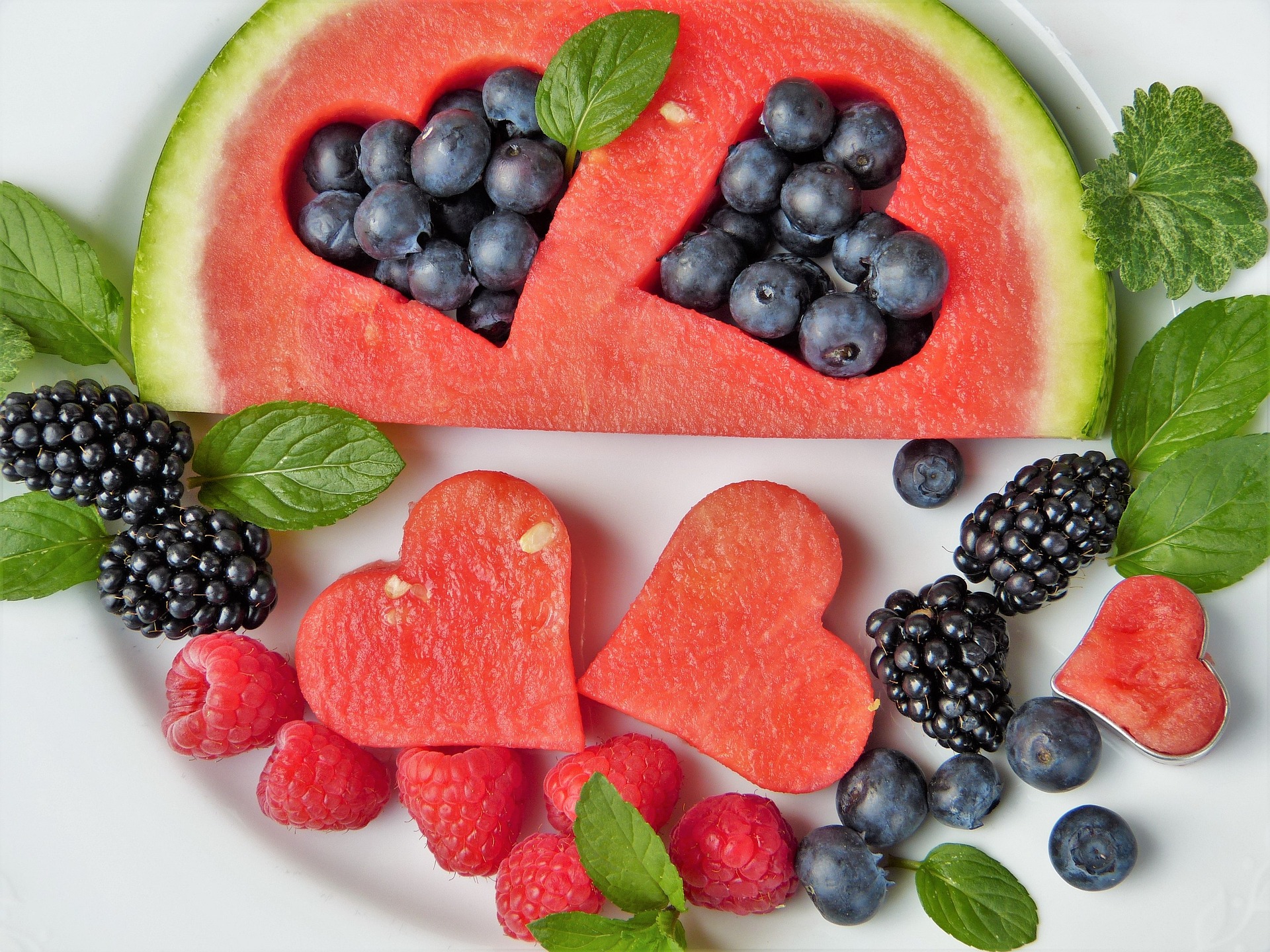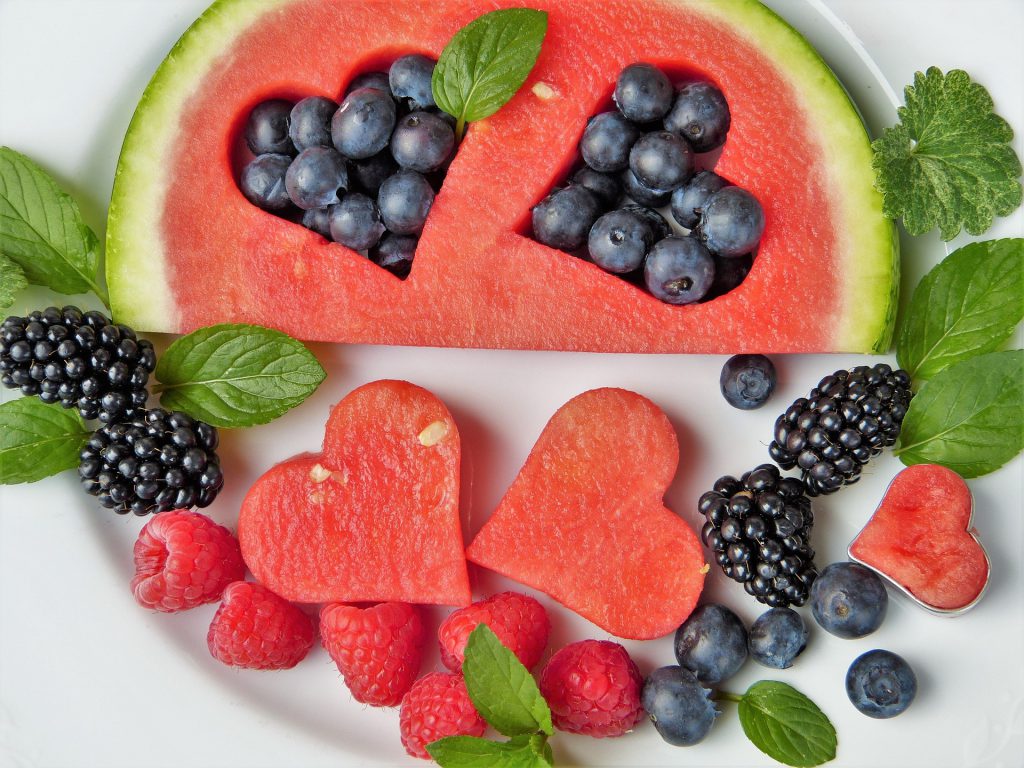
What to Do to keep your heart healthy and disease-free.
Always schedule an annual health check, exercise daily, quit smoking, or take steps to reduce stress levels in daily life. All of these can have a positive impact on heart health. But one of the easiest lifestyle changes to benefit your heart is to be careful about what to eat. Millions of people now have heart failure, and about half of them die within five years of their diagnosis. The Centers for Disease Control and Prevention (CDC) in the USA warns that eating foods high in fat, cholesterol, or sodium can be very bad for the heart. Some of the best foods for maintaining a strong and healthy heart.
Leafy green vegetables

Leafy greens are rich in vitamin K and nitrates, which can help lower blood pressure and improve arterial function. Studies show that a higher intake of leafy greens is associated with a lower risk of heart disease. It has been.
Whole grains
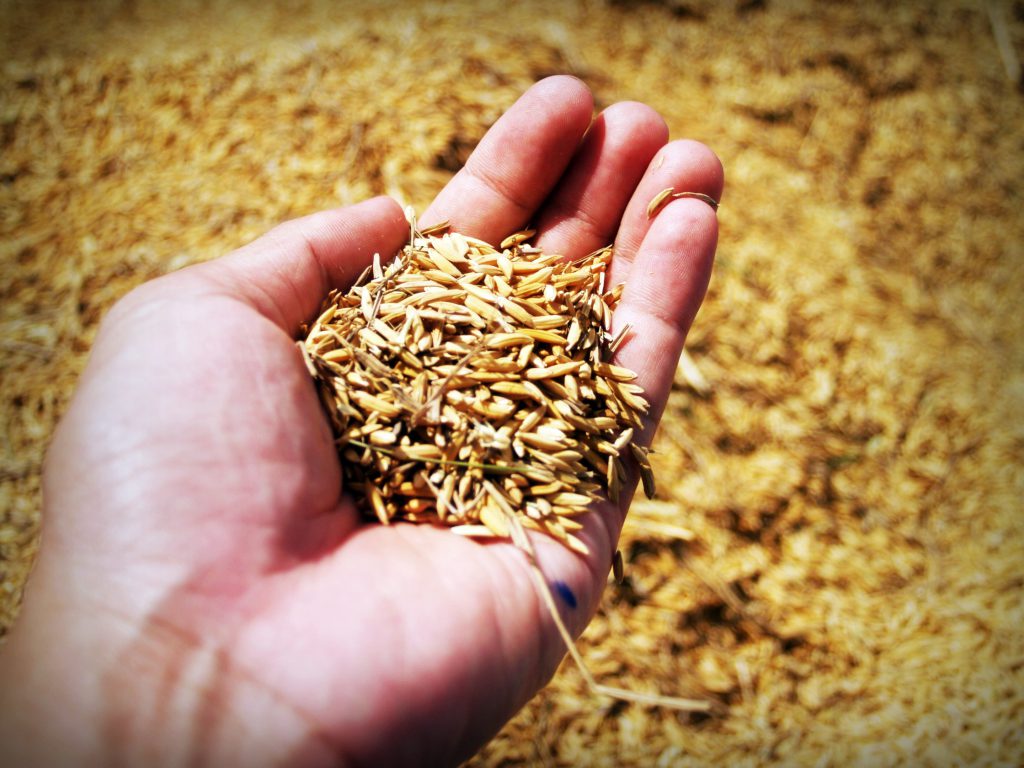
Studies have shown that eating whole grains lowers cholesterol and systolic blood pressure and lowers the risk of heart disease.
The analysis studies concluded that eating three more servings of whole grains daily was associated with a 22% lower risk of heart disease. Adopting a diet rich in plant-based foods, whole grains, low-fat dairy products, and sodium intake within normal limits can be effective in the prevention and management of hypertension. Common types of whole grains generally found are whole wheat, brown rice, oats, rye, barley, buckwheat, quinoa etc
.
Berries
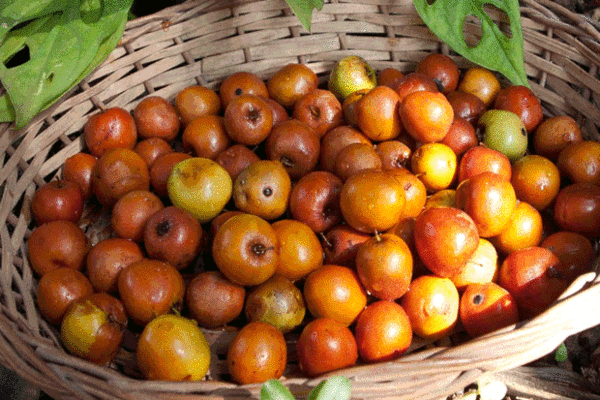
Berries are rich in antioxidants. Studies show that their consumption can reduce some risk factors for heart disease. Strawberries, blueberries, blackberries and raspberries are packed with important nutrients that play an important role in heart health.
Fatty fish and fish oil

Both fatty fish and fish oil are high in omega-3 fatty acids, which may help reduce heart disease risk factors such as blood pressure, triglycerides, and cholesterol. Omega-3 fatty acids from fatty fish play a protective role in the risk of developing heart disease and may slightly reduce the risk of CVD events and cardiac arrhythmias.
Walnuts
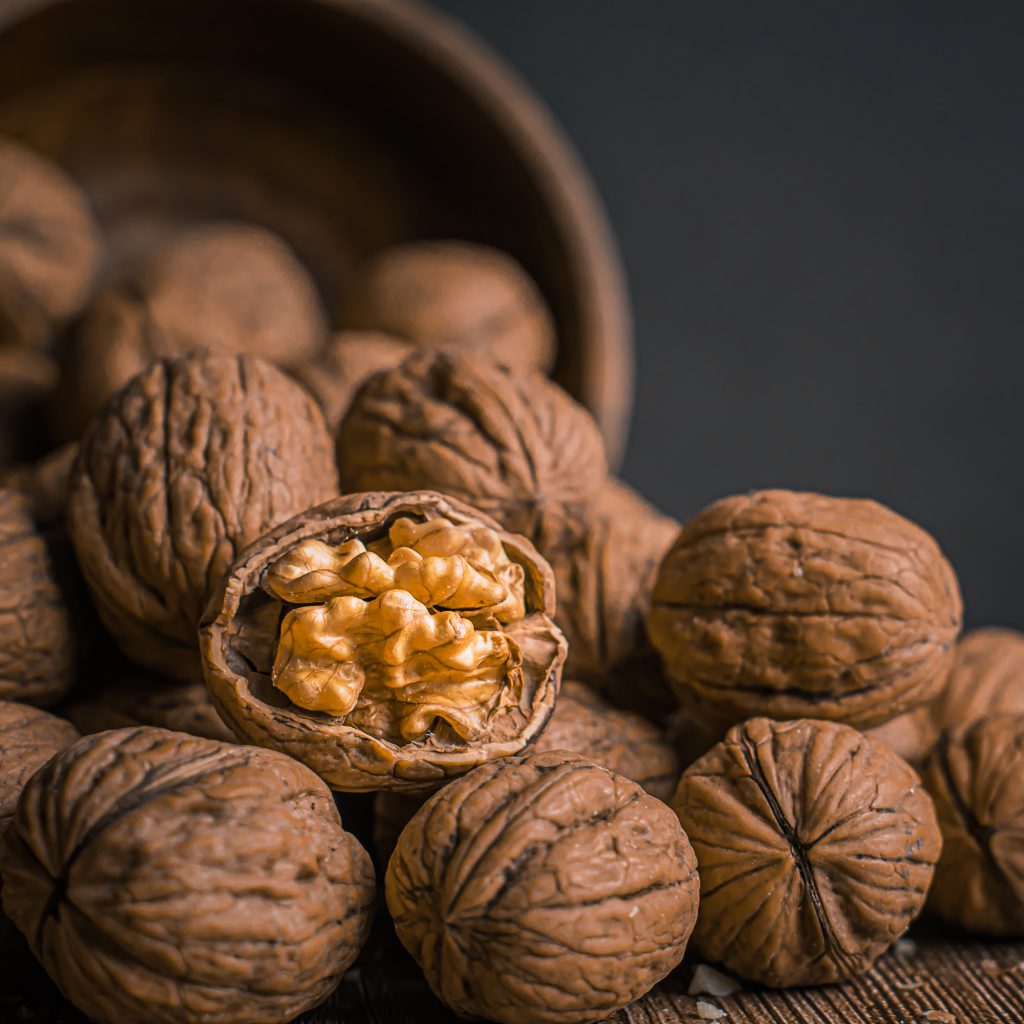
Walnuts are an excellent source of fiber and micronutrients such as magnesium, copper and manganese. Studies show that including a few servings of walnuts in your diet can help prevent heart disease.
Beans
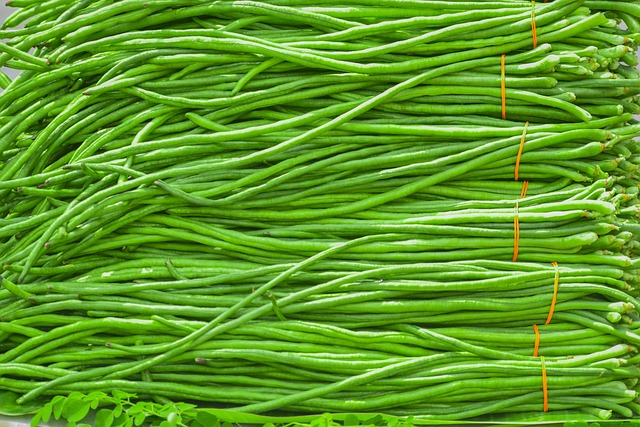
Beans contain resistant starch, which resists digestion and is fermented by beneficial bacteria in the gut. An older study found that eating pinto beans lowered blood triglyceride levels and LDL (bad) cholesterol. related to declining.
Dark chocolate

Dark chocolate is rich in antioxidants such as flavonoids, which may promote heart health. Moderate chocolate consumption (less than 6 servings per week) may reduce the risk of coronary artery disease, stroke and diabetes. Additionally, chocolate is high in sugar and calories, which can negate many of its health-promoting properties. Try to consume as little as you can get.
Tomatoes
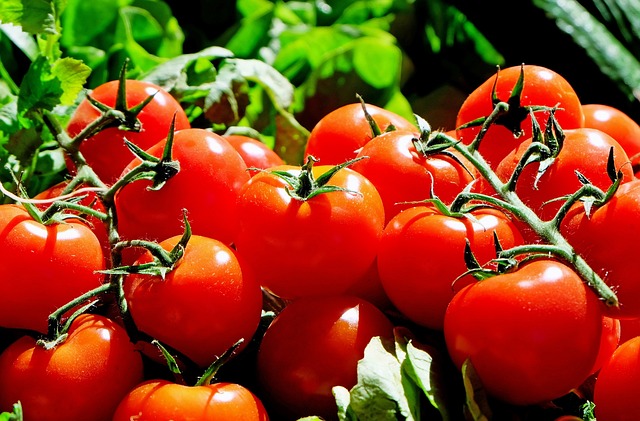
Tomatoes contain lycopene, a natural plant pigment with powerful antioxidant properties. Antioxidants help neutralize harmful free radicals that cause heart disease and prevent oxidative damage and inflammation. It has beneficial effects on endothelial function. Another obesity study found that eating two quarter-ripened tomatoes a week increased HDL (good) cholesterol levels.
Seeds
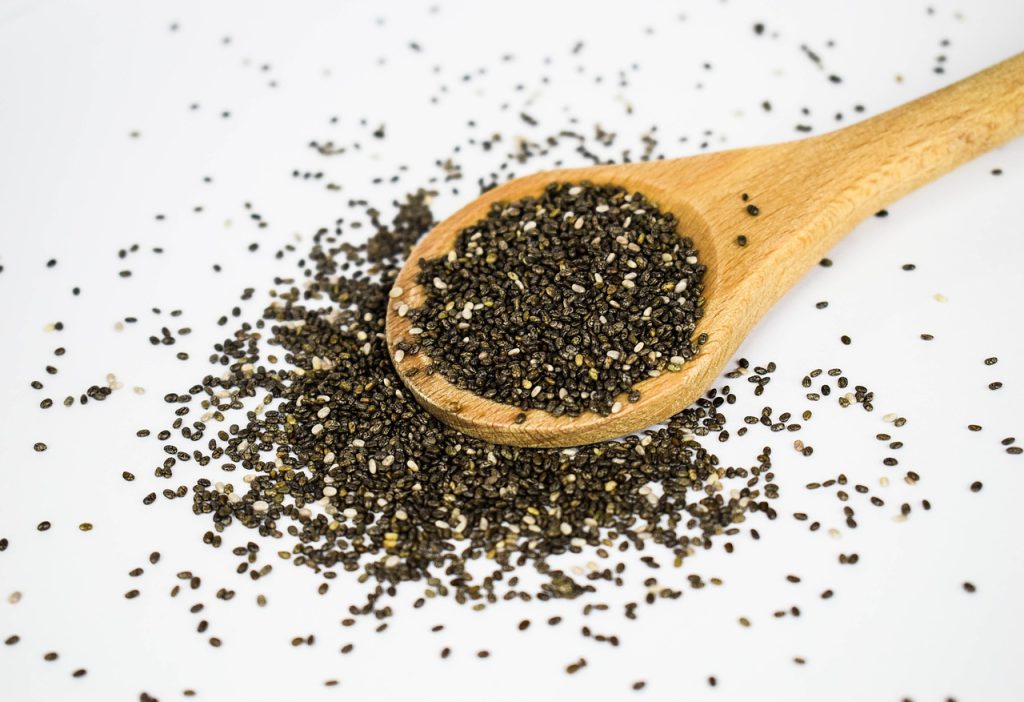
Chia seeds, flaxseeds, and hemp seeds are all great sources of heart-healthy nutrients, including fiber and omega-3 fatty acids. Numerous studies have found that adding these types of seeds to your diet can improve many heart disease risk factors, including inflammation, blood pressure, cholesterol, and triglycerides. Furthermore, flaxseed may help keep blood pressure and cholesterol levels well managed. There is evidence that dietary flaxseed lowers your risk of cardiovascular disease and cancer, and may help other conditions like gastrointestinal health and diabetes.
Garlic
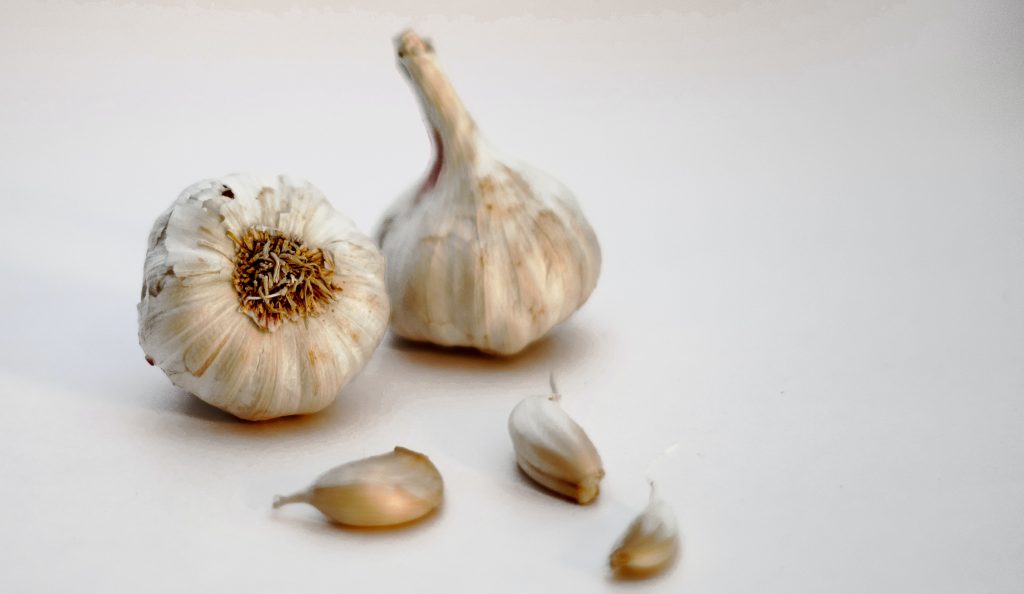
For centuries, garlic has been used as a natural remedy to treat a variety of ailments.In recent years, studies have validated its powerful medicinal benefits and even helped garlic improve heart health. It turns out there’s potential. This is due to the presence of a compound called allicin, which is thought to have a variety of therapeutic effects. In one study, garlic extract taken in doses of 600 to 1,500 mg daily for 24 weeks was as effective as standard prescription drugs in lowering blood pressure. It was found to lower total cholesterol by an average of 17 mg/dL and LDL (bad) cholesterol by 9 mg/dL in people with high cholesterol. Other studies have found that garlic extract may inhibit platelet formation and reduce the risk of blood clots and stroke. Always eat garlic raw or crush it and let it sit for a few minutes before cooking.
Green tea

Green tea has been linked to a variety of health benefits, from increased fat burning to improved insulin sensitivity. It also prevents cell damage, reduces inflammation, and acts as an antioxidant that protects heart health. It is also rich in polyphenols and catechins. One study showed that green tea extract effectively increased leptin and lowered LDL (bad) cholesterol in overweight and obesity.
Including these heart-healthy foods as part of a nutritious, balanced diet can help keep your heart in good shape and minimize your risk of heart disease.






